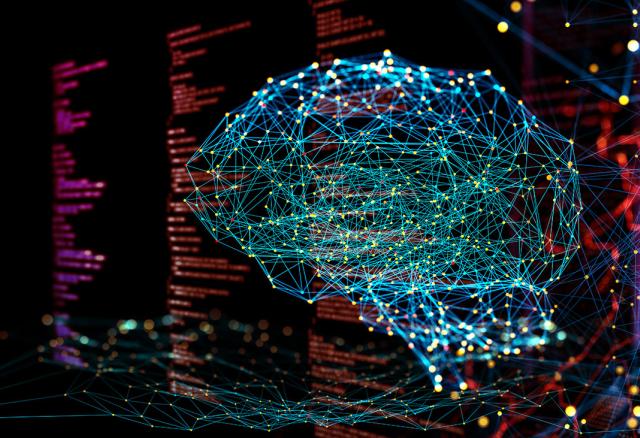Series to Highlight Women in Signal Processing: Interview with Prof. Elisa E. Konofagou
Elisa Konofagou is the Robert and Margaret Hariri Professor of Biomedical Engineering and Professor Radiology as well as Director of the Ultrasound…
Read moreIEEE SPS SAM TC Webinar: 31 March 2022, by Dr. Robert W. Heath, Jr.
MIMO communication remains an important technology for wireless communication systems. In this tutorial, we revisit classical signal processing…
Read moreSPS Webinar: 12 April 2022, by Dr. Hengtao He - "Model-Driven Deep Learning for MIMO Detection"
In this talk, we investigate the model-driven deep learning for multiple input-multiple output (MIMO) detection. In particular, the MIMO detector is…
Read moreSPS Webinar: 25 March 2022, by Dr. Kaiming Shen - "Fractional Programming for Communication Systems"
In this talk, we discuss a new transform technique for solving fractional programming (FP), i.e., a family of optimization problems with ratio terms…
Read moreIEEE SPS SAM TC Webinar: 24 February 2022, by Dr. Sundeep Prabhakar Chepuri
Millimeter wave (mmWave) multiple-input multiple-output (MIMO) systems have become very popular for sensing and wireless communications beyond 5G…
Read moreIEEE SPS-DSI Webinar: 17 February 2022, by Dr. Alexander Jung
Many important application domains generate distributed collections of heterogeneous local datasets. These local datasets are related via an…
Read moreIEEE SPS SAM TC Webinar: 27 January 2022, by Sundeep Rangan
The use of wireless frequencies above 100 GHz has attracted considerable interest for both massive bandwidth communication links and very high…
Read moreSPS Webinar: 24 February 2022, by Dr. Samet Akcay - Recent Advances of Deep Learning within X-ray Security Imaging
X-ray security screening is widely utilized in aviation and transportation, and its importance has sparked interest in automated screening systems…
Read moreNew videos from our Computational Imaging Technical Committee
As part of our ongoing video series to demonstrate the applications of signal processing in everyday life, the IEEE Signal Processing Society…
Read moreSPS Webinar: 26 January 2022, by Dr. Ba-Ngu Vo - Bayesian Multi-object Tracking: Probability Hypothesis Density Filter and Beyond
In his seminal paper, Dr. Ronald Mahler not only developed the Probability Hypothesis Density (PHD) filter, but also detailed the…
Read more




